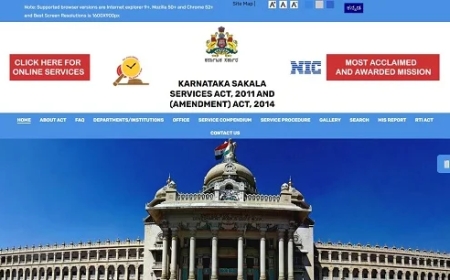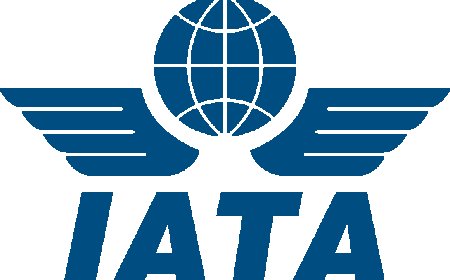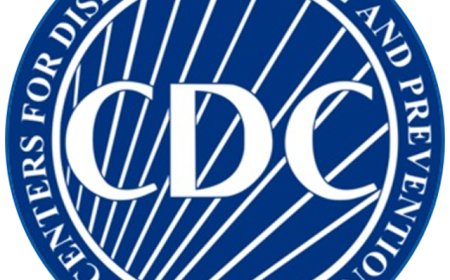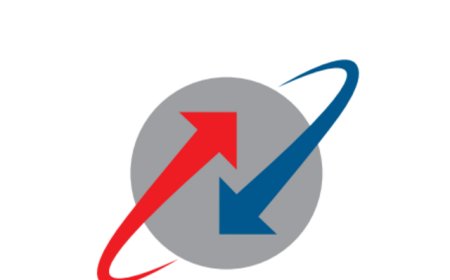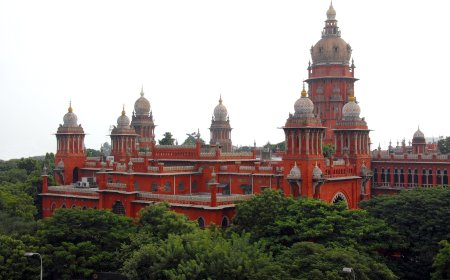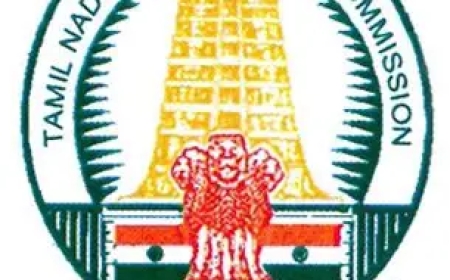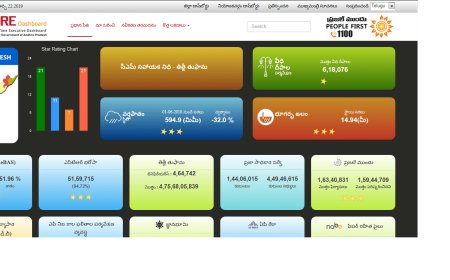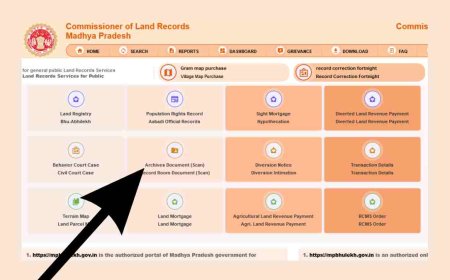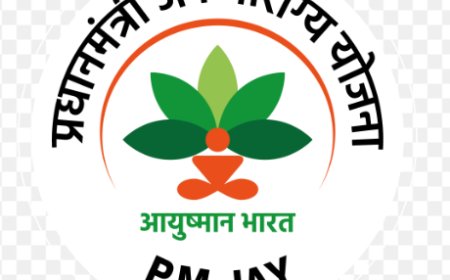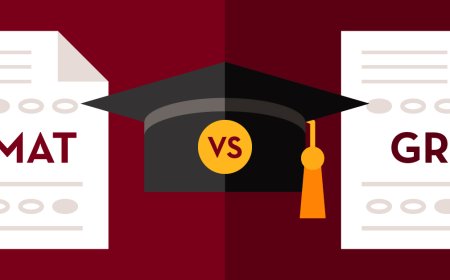Russia’s Economic Crisis: Putin’s Embarrassing Tax Strategy Unveiled


Putin’s Tax Strategy: A Shift in Russia’s Economic Landscape

Vladimir Putin has been compelled to alter a commitment he made to the Russian populace. (Image: Getty)
Increased Taxes to Bolster Defense
Amid plans to reduce defense spending next year, Vladimir Putin is raising certain taxes to support “defense and security.” The finance ministry has announced a rise in value-added tax (VAT) from 20% to 22% starting January 2026. Additionally, the revenue threshold for businesses required to pay VAT will drop from 60 million rubles (approximately £537,000) to 10 million rubles (around £89,000).
Economic Adjustments Amidst War
These fiscal adjustments are primarily aimed at funding defense, according to the Institute for the Study of War (ISW). On September 18, Finance Minister Anton Siluanov indicated that the Kremlin anticipates oil and gas revenues to constitute 20% to 22% of the federal budget by 2026, a significant decrease from the previous 50%.

The cost of goods in Russia is on the rise. (Image: Getty)
Seeking New Revenue Streams
The ISW suggests that the Kremlin is exploring alternative revenue sources as oil and gas income declines due to Western sanctions and Ukrainian attacks on Russian oil facilities. Unpublished finance ministry documents, as reported by Reuters, estimate that the VAT increase could generate approximately 1.2 trillion rubles (around £10.7 billion) in additional revenue next year.
Public Reaction and Media Coverage
Experts believe Moscow is searching for ways to fund defense without exacerbating socio-economic tensions. State media and social media campaigns indicate the Kremlin’s awareness of potential public dissatisfaction due to rising prices of everyday goods.

Putin is reallocating tax revenue towards defense. (Image: Getty)
Media’s Subtle Approach
Russian state television has mentioned the VAT increase subtly, often placing it at the end of broadcasts following reports on the Ukraine conflict, US President Donald Trump’s UN speech, and Moldova’s upcoming elections, as noted by Russian opposition outlet Meduza.
Breaking Promises for Military Priorities
The Financial Times highlighted that this tax move contradicts Putin’s previous promise not to raise taxes before 2030. “The Kremlin’s priority remains military expenditure, and it’s now the main problem for everyone,” said Alexandra Prokopenko, a former central bank official now with the Carnegie Russia Eurasia Center in Berlin.
Initially, military spending was covered by reserves and surplus oil and gas revenue. However, with those sources dwindling, the burden now falls on businesses and citizens to finance the war effort directly.
We use your sign-up to provide content in ways you’ve consented to and to improve our understanding of you. This may include adverts from us and third parties based on our understanding. You can unsubscribe at any time. Read our Privacy Policy.
What's Your Reaction?
 Like
0
Like
0
 Dislike
0
Dislike
0
 Love
0
Love
0
 Funny
0
Funny
0
 Angry
0
Angry
0
 Sad
0
Sad
0
 Wow
0
Wow
0







